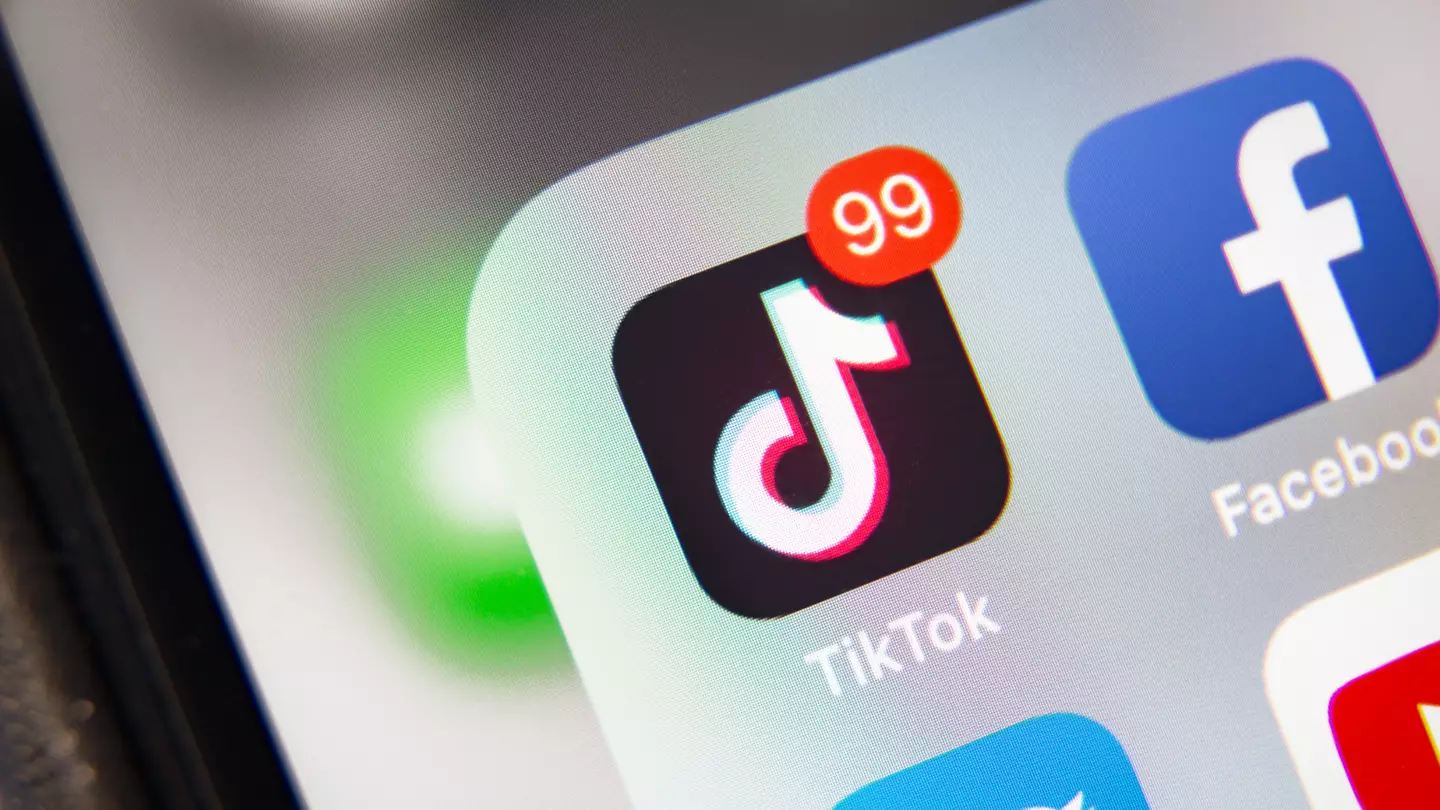
As anyone in the States will know, the deadline for the soon-approaching TikTok ban is quite literally just around the corner.
Yep, as of tomorrow (5 April), the popular social media app could be banned with a doctor now issuing a warning to anyone who uses it on the regs.
For some context, the platform faced a US-based ban back in January after it's parent company, ByteDance, had failed to locate a new buyer.
Advert
TikTok and ByteDance were accused by American officials of being a 'national security risk' and having links to the Chinese government, which both denied.
After all that, the platforms were given a deadline of 19 January to find a non-Chinese buyer or face being banned, and soon enough, the day came and nothing had progressed, leading to the app to be shut down.
But, as we now know, such a decision was only temporary as TikTok received a last minute reprieve from Donald Trump, who ended up delaying the deadline by 75 days with an executive order he signed in his first few hours in office.
Advert
However, if TikTok doesn't find a buyer by tomorrow, then essentially we'll get a repeat of 19 January.
But how will this affect all the people who have scrolling endlessly through TikTok as part of their daily routine?
What will a TikTok ban mean for people's mental health?
Speaking exclusively to Tyla, psychologist Dannielle Haig explains: "A sudden ban could initially feel unsettling for many, as TikTok has provided comfort, distraction, and community."
Advert
According to the expert, people might experience anxiety or frustration due to the loss of something that has been a daily habit or source of connection.
"However, don’t worry, most people will adapt pretty quickly and shift their attention to other activities or platforms," she added.

What about people with a TikTok 'addiction'?
Dannielle says a TikTok will 'definitely' impact those with an 'addiction' to the app.
Advert
"People who use TikTok heavily get regular dopamine hits from scrolling, which is why it's so addictive," she notes. "When that suddenly disappears, genuine withdrawal symptoms could show up such as irritability, restlessness, moodiness, and even anxiety.
"The good news is these symptoms usually ease off quite quickly, as the brain adjusts to life without constant stimulation."
According to the expert, people may also experience an initial 'spike' in stress levels could spike due to frustration or loss of entertainment.
She adds: "Boredom will definitely increase, but boredom isn’t always bad, it's often the catalyst for creativity, personal growth, and discovering new interests.
Advert
"Without TikTok, people might start exploring more fulfilling ways to spend their time."
What will this mean for people's sleep quality?
Many people tend to scroll on TikTok in order to get their eyes tired and eventually nod off - something which Dannielle has shared her expertise on.
While noting that removing TikTok scrolling at bedtime could make it harder initially to fall asleep because your brain misses the routine, she explains: "In the long-term, removing evening screen time is hugely beneficial.
"Blue light from screens interferes with melatonin production, so overall, sleep quality is likely to improve significantly once people adjust."

What about TikTok influencers?
"For influencers and small businesses reliant on TikTok, this could feel particularly tough," Dannielle continues, pointing out that a 'significant part' of such individual's identity, income, and sense of validation can be tied to the platform.
She adds: "Losing this suddenly could shake self-esteem, causing anxiety or feelings of inadequacy. It highlights the psychological importance of building identity and self-worth beyond just one app or social media presence!"
Dannielle also tells Tyla that those who've built their social lives around TikTok or formed parasocial (one-sided) relationships with creators might 'initially feel isolated or lonely'.
However, she assures: "Losing those connections, even virtual ones, can feel genuinely painful. But this change could push people toward healthier, reciprocal relationships, leading to deeper connections offline."
Could there be any benefits of a TikTok ban?
"Absolutely!" Dannielle says without hesitation.
"Despite initial discomfort, the ban could significantly improve overall mental wellbeing," she resolves, pointing out that reduced screen time leads to better sleep, less anxiety from constant social comparison, improved productivity, and stronger offline relationships.
Ending things on a positive, she concludes: "It’s a great chance for people to engage more mindfully with life outside screens!"
Topics: Advice, Donald Trump, Health, Life, Mental Health, Politics, Social Media, TikTok, Tyla Exclusive, US News, Technology